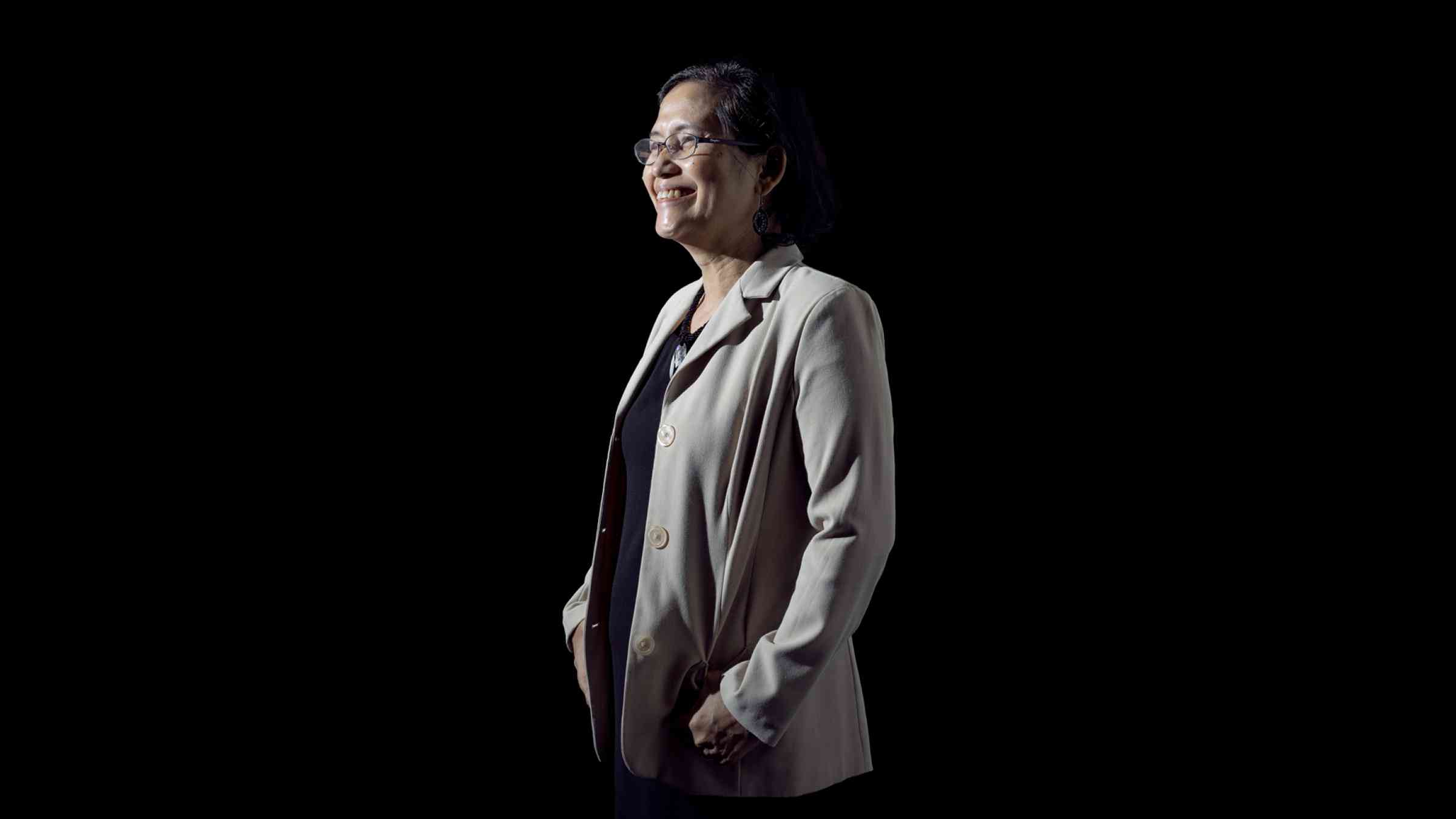Regina “Nanette” Salvador-Antequisa: “Disaster risk reduction is really the responsibility of all and we must do it in solidarity.”

“In my work over the past 30 years, I have seen that communities do not only need response during a crisis, an emergency or a disaster, but more importantly, what they really need is the assurance that for every risk that they face, they are more prepared and more capable to actually reduce it. In the end, any disaster should be prevented or at least mitigated.”
Regina “Nanette” Salvador-Antequisa has indeed had a very active and diverse career in DRR in the Philippines, mainly as Executive Director of the civil society organization ECOWEB (for ‘Ecosystems Work For Essential Benefits’). The organization was created in 2006 with the ambition of adopting a multi-dimensional approach to addressing the intertwined issues of poverty, conflict, environment and governance.
Nanette’s work takes its roots in Iligan City, in the northern part of the Philippines’ Mindanao island, but bears fruit far beyond the region.
She is a tireless advocate of the localisation and transformation of the humanitarian and development systems, and has long been fighting to place the voices of affected people at the heart of organizational and political decision-making.
“We work to address the vulnerabilities of communities that are affected both by natural disasters as well as human-induced crises,” Nanette says. “We do so by building up their capacity to face these crises, especially in the case of remote and marginalized communities, where the response is often delayed. It is critical that these communities have the capacity to really reduce their risks beforehand.”
She continues: “We always promote community-based approaches by enabling local communities to participate and engage with the authorities, especially during the planning phase. Making sure that they can identify and define their own risks and hazards, as well as their priority actions, is very important.”
Based on her long experience in DRR, Nanette reiterates the strong interdependence between poverty and vulnerability. “Addressing risks means addressing poverty reduction. It is a structural problem. That is why we also carry out sustainable livelihoods activities, as part of our overall programming. Conflict prevention is another field where we are active, because in some of the areas where we work, risks and vulnerabilities come from that as well.”
For instance, Nanette was involved in empowering affected communities after the Marawi Siege in 2017, a conflict between the Philippine government security forces and militants affiliated with Islamic State.
At the global level, she is engaged in ensuring that local voices are heard on the international scene. Her advocacy work goes through, among others, the global Alliance for Empowering Partnerships (which she chairs) and Talk to Loop, an international humanitarian aid feedback mechanism (of which she is a governing board member). “I am passionate about advocacy to institutionalize good practices and strengthen people's participation in DRRM governance.”
When it comes to gender, Nanette is equally passionate. “By empowering women to take leadership roles in DRR, we not only ensure inclusive and gender-responsive approaches, but also enhance the resilience and sustainability of our efforts.”
She concludes: “Disaster risk reduction is really the responsibility of all and we must do it in solidarity. By working at all levels, from local to international, we will be able to build a society where risks are reduced.”